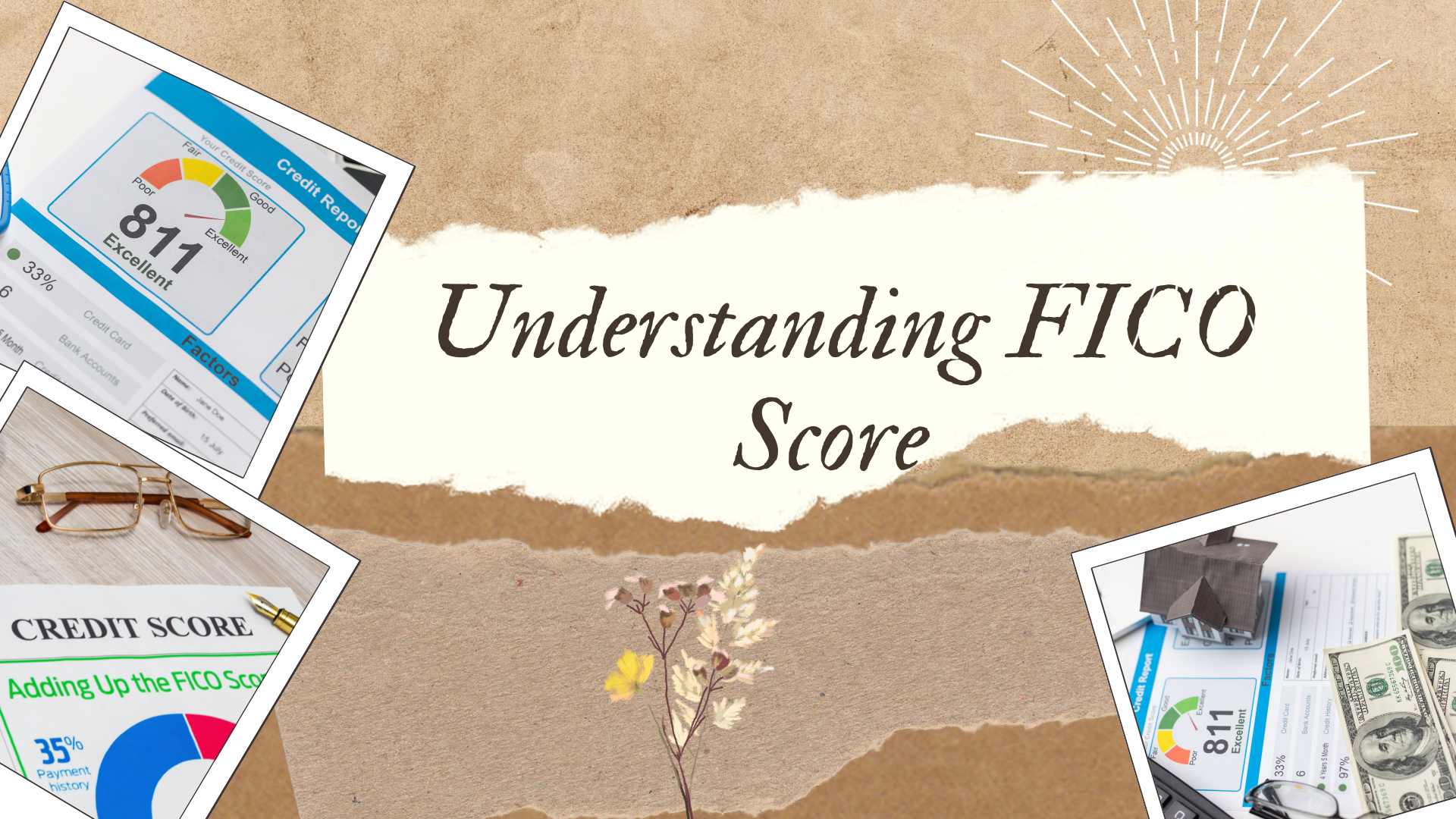 The FICO score is a credit score used by lenders to assess your creditworthiness, essentially how likely you are to repay borrowed money. It’s named after the company that developed it, Fair Isaac Corporation.
The FICO score is a credit score used by lenders to assess your creditworthiness, essentially how likely you are to repay borrowed money. It’s named after the company that developed it, Fair Isaac Corporation.
The score typically ranges from 300 to 850, with higher scores indicating better credit health. Here’s a general breakdown of what the ranges might mean:
– 300-579: Poor
– 580-669: Fair
– 670-739: Good
– 740-799: Very Good
– 800-850: Excellent
Several factors contribute to your FICO score:
1. Payment History:
– It has a significant impact (about 35%) and focuses on whether you’ve paid past credit accounts on time.
2. Credit Utilization:
– This is the amount of credit you’re using compared to your total available credit. It’s ideal to keep this below 30%.
3. Length of Credit History:
– A longer credit history can positively impact your score.
4. New Credit:
– Opening multiple new credit accounts in a short period may negatively impact your score.
5. Credit Mix:
– Having a mix of different types of credit (like credit cards, loans, etc.) can be beneficial.
Your FICO score is crucial when applying for loans or credit cards. Lenders use it to determine interest rates, loan amounts, and whether you qualify for credit. It’s important to regularly check your score, understand what affects it, and work on improving it if needed.
How to Improve Credit Score?
Improving your credit score involves consistent, responsible financial habits. Here are some effective ways to boost your credit score:
1. Pay Bills on Time:
– Your payment history significantly influences your score. Aim to pay all bills by their due dates.
2. Reduce Credit Card Balances:
– Lowering your credit card balances, especially keeping them below 30% of your credit limit, can positively impact your score.
3. Limit New Credit Applications:
– Applying for multiple new credit accounts within a short period can lower your score. Be selective and avoid unnecessary applications.
4. Maintain a Mix of Credit:
– Having a mix of credit types (credit cards, loans, etc.) can positively affect your score. However, don’t open accounts just for the sake of variety.
5. Regularly Check Your Credit Report:
– Look for errors or inaccuracies that might be negatively affecting your score. Dispute any discrepancies with the credit bureaus.
6. Keep Old Accounts Open:
– The length of your credit history matters. Keeping older accounts open (even if they’re not actively used) can positively impact your score.
7. Use Credit Responsibly:
– Use credit cards but manage them wisely. Make small purchases and pay them off in full each month to demonstrate responsible credit use.
8. Consider a Secured Credit Card:
– If you’re trying to build credit or recover from poor credit, a secured credit card—with a deposit that becomes your credit limit—can be a good starting point.
9. Be Patient and Consistent:
– Improving your credit score takes time. Consistently practicing good credit habits will gradually raise your score.
Remember, the key is to demonstrate responsible financial behavior over time. There’s no quick fix for a low credit score, but these strategies can help you steadily improve it.


 Facebook
Facebook
 X
X
 Pinterest
Pinterest
 Copy Link
Copy Link